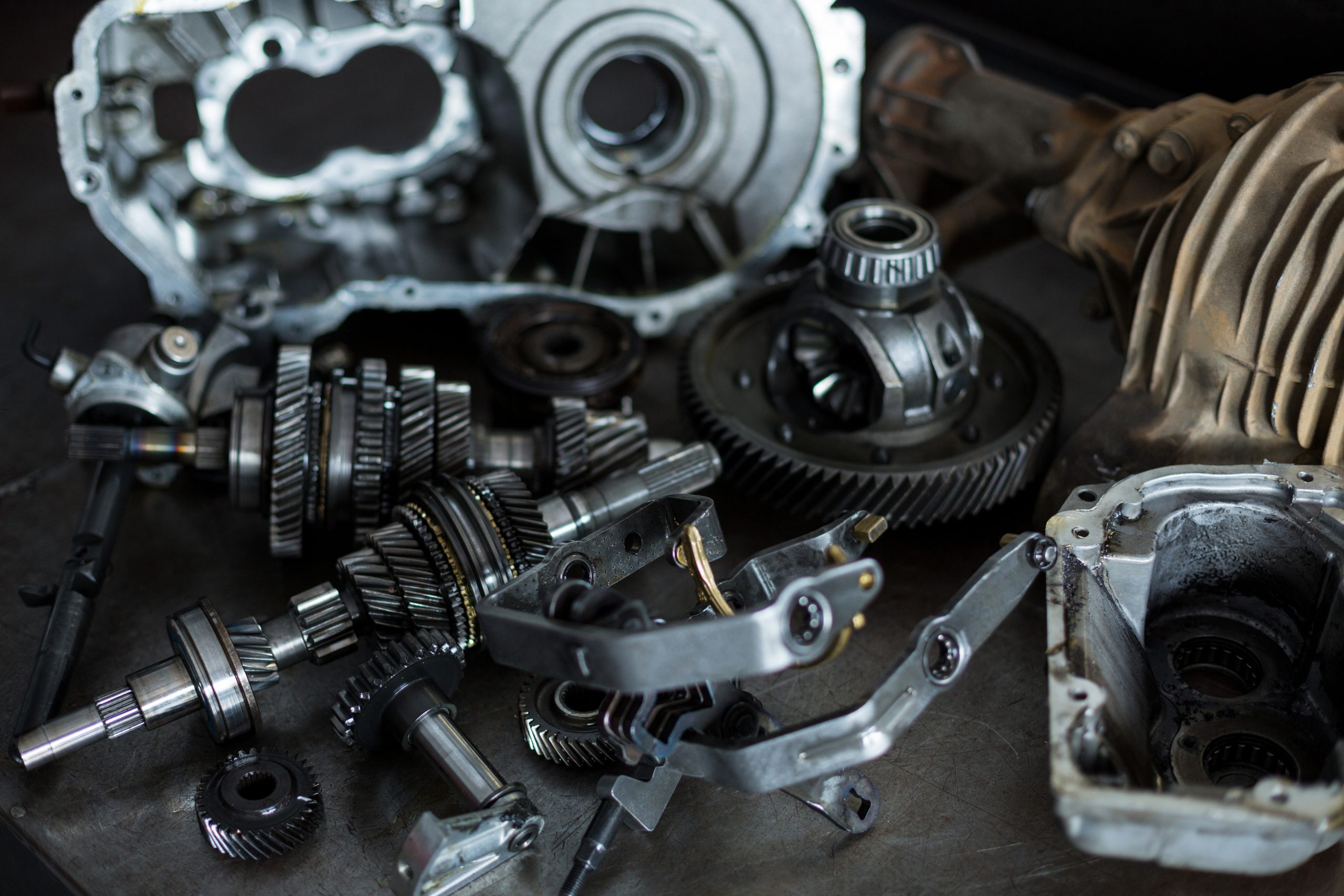
Auto Recycling World, revista reconeguda internacionalment sobre el reciclatge de vehicles fora d’ús, ha publicat un article de Meritxell Barroso, gerent d'ECONIA, sobre els desafiaments del reciclatge dels vehicles a Espanya:
ELV Recycling: Challenges in Spain
Meritxell Barroso, CEO of ECONIA, an environmental engineering and consulting company, tells us about the pros and cons of the ELV Directive with concern to the recycling sector in Spain. Although a lot of positivity, there are still some tasks to be carried out.
Every year, end-of-life vehicles (ELVs) generate between 7 and 8 million tonnes of waste in the European Union, which must be managed correctly.
The legislation on end-of-life vehicles (ELV Directive) aims at making dismantling and recycling of this waste more environmentally friendly. It sets clear quantified targets for reuse, recycling and recovery of the ELVs and their components.
This legislation was transposed into the Spanish legal system in 2002 (RD1383/2002), which meant significant advances in the management of ELVs.
Firstly, the legislation guaranteed the delivery of ELVs to specifically authorised treatment facilities (ATFs) and therefore, the end of abandonment of this type of waste. It led to a significant professionalisation and technification of ATFs, to ensure correct environmental management of the elements extracted from the vehicle and the recovery of parts and components. Moreover, they are the only facilities that can demonstrate the end-of-life of a vehicle through the issuance of a certificate of destruction.
This legislation also included the application of the extended producer responsibility principle, as well as the possibility of the subscription of voluntary agreements, both aspects related to the achievement of the recycling, recovery and reuse objectives.
Various aspects, such as new legislation published on: waste, its hierarchy, the obligation of the information of agents involved in their production and management and the need to standardise the data that each Member State sends to the Commission annually, in reference of the fulfilment of objectives made the publication of new regulations necessary (RD 20/2017).
The 2017 legislation has been of great help in three aspects:
-
- it has regulated the temporary handover of ELVs discharged for training centres;
- it has avoided double financing in the management of ELVs; and above all;
- it has increased the professionalisation of authorised ELV treatment centres.
Since then, it has defined more specifically the operations carried out by these facilities and has included clear objectives of preparation for the reuse of parts and components that must be demonstrated annually.
Despite all these improvements, there are still tasks to be carried out, which are repeatedly demanded by the sector, the main ones being:
-
- Limit the time that a vehicle may be in a temporary deregistered state since the current limit causes a large number of unknown ELVs’ whereabouts.
- Regulate the e-commerce platforms for the sale of spare parts extracted from vehicles (most come from illegal facilities).
- Create a single registration in the EU of deregistered vehicles, to avoid exports/imports of ELVs.
- The necessity to include all types of vehicles in the scope of the regulations. Therefore, taking into account those vehicles of greater and lesser weight than passenger vehicles (3.500 tonnes): motorcycles and industrial vehicles (trucks, caravans, industrial, agricultural machinery etc.) The lack of regulation regarding the environmental treatment of these vehicles and the facilities licensed for this activity leads to environmentally wrong practices, resulting in severe consequences for the environment, public health and the economy of the industry. In turn, this means that a high percentage of industrial vehicles taken out of commission are not managed or treated by appropriately prepared and authorised companies, which in parallel results in activities and an economy entirely outside all tax legislation.
- Know how VOC legislation can affect the operations of ATFs, taking into account the composition of plastics (with the presence of VOCs)
Therefore, there is an urge for the assessment and evaluation of this directive, and the publication of a new ELVs Directive that will include these aspects will match the current needs. Also, new legislation with more precise definitions and criteria will oblige Member States to take a step forward in the ELV treatment sector, which we await eagerly.
Podeu accedir a l'article de la revista clicant en aquest enllaç.